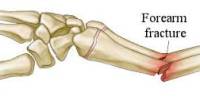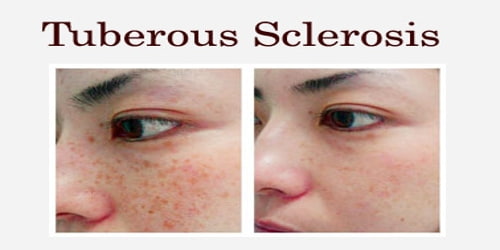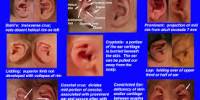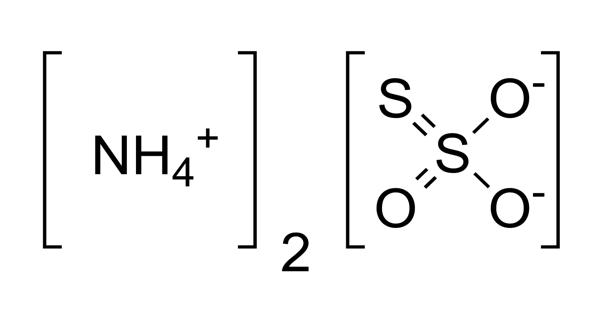Forensic pathology is a branch of pathology that examines corpses to determine the cause of death. It focuses on determining the cause of death through the examination of a corpse. Forensic pathologists, also known as medical examiners, are physicians who are trained in pathology as well as forensic science. Their primary responsibility is to investigate deaths that are sudden, unexpected, suspicious, or violent.
In some jurisdictions, a post mortem examination is performed by a medical examiner or forensic pathologist during the investigation of criminal law cases and civil law cases. Coroners and medical examiners are frequently called upon to confirm the identity of deceased individuals.
Here are key aspects of forensic pathology:
- Autopsy Examination: Autopsies are performed by forensic pathologists to examine the body both internally and externally. This entails a thorough examination of organs, tissues, and fluids in order to detect injuries, diseases, or other abnormalities.
- Cause and Manner of Death: Identifying the disease, injury, or circumstance that caused the person’s death is the first step in determining the cause of death. The manner of death refers to the circumstances surrounding the death and can be classified as natural, accident, suicide, homicide, or undetermined.
- Crime Scene Investigation: Forensic pathologists may be involved in crime scene investigations, collaborating with law enforcement to gather evidence and understand the circumstances surrounding a death.
- Post-Mortem Changes: Understanding post-mortem changes in a body is critical for estimating the time of death and reconstructing events leading up to death.
- Toxicology: Forensic toxicology is frequently combined with forensic pathology. It entails testing body fluids and tissues for the presence of drugs, alcohol, poisons, or other substances that could have contributed to or caused death.
Forensic pathology is essential in the criminal justice system because it provides critical information for legal investigations. It aids in determining the cause and manner of death, aiding in the determination of guilt or innocence in criminal cases, and providing closure to families affected by unexpected or suspicious deaths.
















